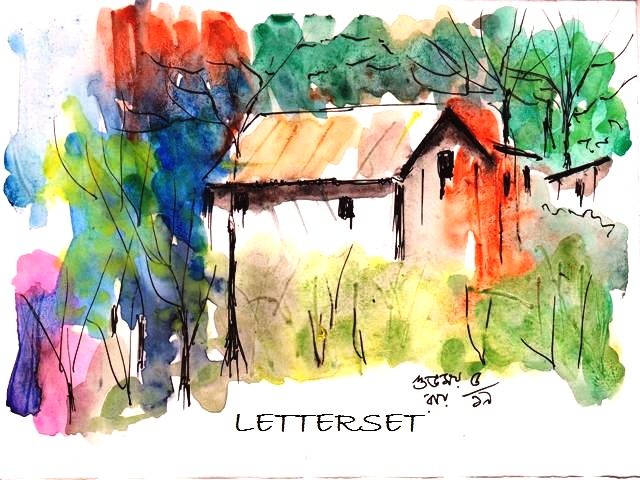It’s a new Ireland
Fourteen years in prison. That was the punishment for Irish women who resorted to abortion till May 25, 2018. A day later, it is a new Ireland.
This is the kind of referendum that reconciles one with referendums. The Irish vote on Friday, May 25 to legalise abortion resulted in a tidal wave in favour of a repeal of the constitutional amendment banning voluntary termination of pregnancy in the republic. In a counter-example of the referendum on 
The Irish Prime Minister Leo Varadkar welcomed a ‘historic day’ for Ireland in which he saw a ‘quiet revolution’. By transforming the no less historic referendum of 2015, which paved the way for the same-sex marriage, the vote of May 25 puts an end to the paradoxical situation of a country where same-sex marriage is allowed but where women do not have the right to decide the fate of their pregnancy. It unveils a society that thinks ahead of its religious and political elites. Ignoring the stance of the Catholic Church and the hesitations of political leaders, campaign for this referendum has sparked an unprecedented free discourse on the suffering of women and men, couples deprived of the right to abortion. Many voters have acknowledged that they have been waiting for this referendum for a long time. The election displayed significant signs of the magnitude of change in mentalities that started in the 1990s with the authorization of divorce and the decriminalization of homosexuality. It is significant that men were as numerous as women to vote ‘yes’ in this referendum.
The Irish Prime Minister, openly homosexual and the son of an Indian immigrant, is himself a symbol of the modernization of a society long dominated by the Catholic Church and only belatedly converted to the need of breaking the taboo of abortion by election. The older Irish citizens will remember that it was also a popular vote, just as widely held, that banned abortion in 1983. But the voters this time may have had something else in their minds: 200 000 women had to cross the Irish Sea since 1983 to have an abortion in Britain.
The Prime Minister assured the non-supporters that Ireland ‘remains the same as last week. Simply it is more tolerant, more open, and more respectful.’ The spectacular result of this referendum will undoubtedly be observed with particular attention in two places in Europe: in Poland, where civil society, also mobilised to prevent the government from further restricting the right to abortion – only possible in case of rape, malformation of the foetus or risk to the health of the mother – and where the Polish Catholic hierarchy is more militant than the Irish Church, remained discreet during this campaign. And in Northern Ireland, a British province where, paradoxically, abortion remains prohibited. As for the rest of the European Union, only Malta, Cyprus and the small principality of Andorra continue to be exceptions.
Long away from Ireland, in Karnataka’s Belagavi, it was a day of quiet celebration at the home of Savita Halappanavar, a 31-year-old dentist, who died at the University Hospital, Galway in Ireland in 2012 following a septic miscarriage after she was denied an abortion despite asking for it several times. In Dublin’s Portobello district a wall painted with the image of Savita has become a memorial where the public sticks messages of recognition. One such note reads: ‘Savita, because you slept many of us woke. Tomorrow we’ll awake to an Ireland less ashamed. ‘
In Savita’s homeland, India, abortion is legal only up to twenty weeks of pregnancy under specific conditions and situations, including serious risk to life because of physical or mental health and a substantial risk of a seriously handicapped child being born. Recently, the Supreme Court permitted a rape survivor to terminate her pregnancy at 24 weeks, which is beyond the permissible 20 weeks limit prescribed under the Medical Termination of Pregnancy Act, 1971.In many parts of India, sex-selective abortion is practised, arising in millions of developing girls selectively being targeted for termination before birth. The Irish citizens have put the final nail in the coffin of the Roman Catholic hierarchy and gave the reform a massive endorsement. Indians still have some way to go.




















Recent Comments